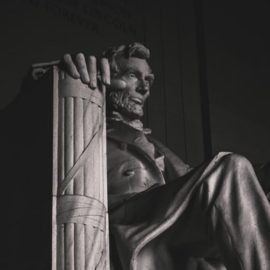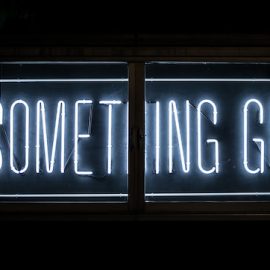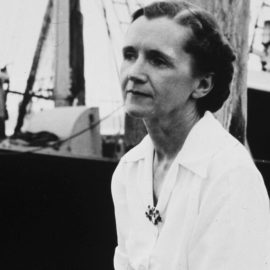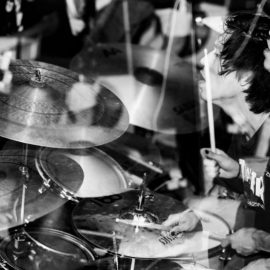
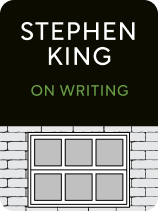
This article is an excerpt from the Shortform summary of "On Writing" by Stephen King. Shortform has the world's best summaries of books you should be reading.
Like this article? Sign up for a free trial here .
What was Stephen King’s first novel? How did the book become successful?
Stephen King’s first novel was the now-classic horror novel, Carrie. After working as a teacher, King was stunned when his first novel was so successful in paperback.
Read more about Stephen King’s first novel and his writing breakthrough.
Stephen King’s First Novel
Stephen King’s first novel was the now famous horror book Carrie.
During summer months when school was out, King continued working in the laundry. One day, he recalled a memory from when he worked as a janitor in college. He remembered having to clean the girls’ shower and being bewildered at how oddly familiar yet different it was—there were no urinals, but there were tampon dispensers.
Now, as an adult revisiting this memory, King envisioned the opening scene of a story: a group of girls showering in the bathroom, when one of them starts bleeding from her period. The girl has no idea what’s happening to her; the other girls start jeering and throwing tampons at her, and the girl starts screaming. This was one of the basis for Stephen King’s first novel Carrie.
At the same time, he remembered reading a mazing article about telekinesis (manipulating objects with your mind). The article suggested young people might have powers, especially girls around the age when they had their first periods. Right there, out of nowhere, from the fusion of two distant and unrelated memories, King stumbled upon the idea for Carrie. Thus, Stephen King’s first book was born.
It didn’t stand out as a particularly good idea, but he thought it might be solid enough to get another check. It incubated in the back of his mind for some time until one night he typed out three pages, the beginnings of Stephen King’s first published novel.
He didn’t like it. The character (the bleeding girl) seemed too passive, too much of a victim. Even worse, he didn’t know much about teenage girls, and he preferred writing about subjects he was intimately familiar with. He crumpled up the papers and went to bed.
The next day, he returned from school to find Tabitha with the papers. She’d found them in the trash and read it. She thought there was something there and pushed him to keep developing the story that would eventually become Stephen King’s first book.
As he continued writing dozens of pages, he began feeling that there was something here too. Through writing the story, he learned two vital lessons:
- As a writer, you might have the wrong first impression about the characters you’re creating.
- Don’t stop writing when it gets tough. You have to struggle through it. Even if the writing feels tough, it might actually be something good.
In 1973, he sent the manuscript off to Doubleday and forgot about it. One day, while he was teaching, Tabitha phoned the office to give him a message—they’d received a telegram from the publisher (they couldn’t afford a phone), saying they’d buy the book and send an advance of $2,500. This became Stephen King’s first published novel.
King and Tabitha were elated, and that night their minds churned through the possibilities. Could he quit his teaching? Not on a $2,500 advance—not if he couldn’t continue publishing consistently. How much would paperback rights sell for? Maybe as high as $60,000—Mario Puzo had just gotten $400,000 for an advance for The Godfather, but Carrie wouldn’t get anywhere near that. Little did they know that Stephen King’s first novel would be a huge success.
The book took a year to get published, coming out in the spring of 1974, and by that time King had mentally moved on. He was working on a new novel, and his mother was starting to show signs of weakened health.
One day, while alone in the house, he got a call from his contact at Doubleday. He shared the news: Carrie’s paperback rights were sold for $400,000. King was shocked, literally speechless. After confirming multiple times that he hadn’t misheard the number of zeroes, he rushed out to get a gift for his wife. When Tabitha returned, he announced the news. She looked at their $90-per-month rental apartment and started crying. Stephen King’s first novel launched his career and gave him the power to write more. Stephen King’s first book was a true success.
Stephen King’s first published novel, Carrie, launched a storied writing career in horror.

———End of Preview———
Like what you just read? Read the rest of the world's best summary of Stephen King's "On Writing" at Shortform .
Here's what you'll find in our full On Writing summary :
- Stephen King's personal writing habits that led to superstar books like Misery and It
- How to make a story and characters feel real
- Why you should never use adverbs

